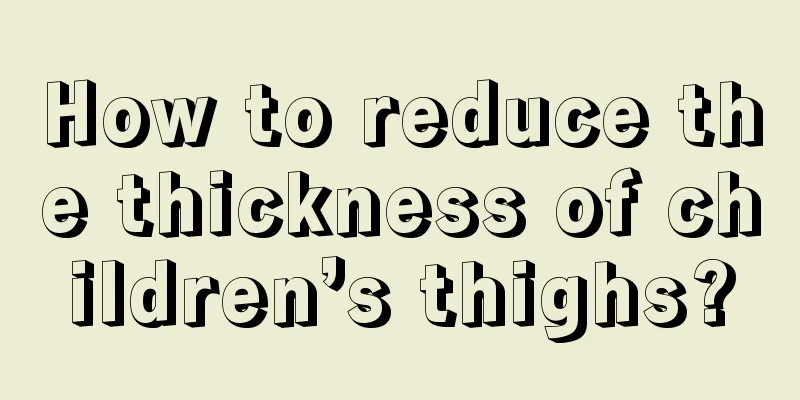Symptoms of baby milk powder allergy

|
Some diseases may be invisible after the baby is born and may only be discovered in daily life later. Some babies have allergic reactions after drinking milk powder, and only then do their mothers realize that their babies are allergic to milk powder. Now let’s learn about the symptoms of baby allergy to milk powder so that mothers can discover it in time if the baby is allergic to milk powder and seek medical treatment as soon as possible.
How to determine whether your baby is allergic to milk powder? First, you need to understand the symptoms of baby milk powder allergy. Allergic reactions can be divided into two types: immediate and delayed food allergic reactions. The immediate type usually occurs within 2 hours after eating food containing the allergen, and the symptoms are generally severe. The delayed onset usually occurs several hours or days after eating, and the symptoms are relatively mild. In addition to diarrhea, abdominal pain, itchy skin, urticaria, and eczema, people who are allergic to milk protein may also Severe life-threatening symptoms such as difficulty breathing and low blood pressure. People who are allergic to milk may also have cross-allergic reactions: they may also be allergic to goat's milk, animal fur, meat, beans and eggs. Milk allergy has a certain genetic tendency, especially for children with a family history of allergies.
What should I do if my baby is allergic to milk powder? Will it be helpful to change the baby milk powder? Many mothers have raised such questions online. Ways to avoid baby milk powder allergy are as follows: 1. Adhere to breastfeeding. The best way to prevent allergies is to breastfeed, and it is best to continue until one year old or even older. Breast milk generally does not cause allergies. 2. Stay away from foods that cause allergies. Limit the intake of foods with allergenic factors such as milk, eggs, fish, peanuts and tree nuts. For infants in high-risk groups, solid food should be introduced after six months, cheese products should be introduced after one year old, eggs should be introduced after two years old, and peanuts, walnuts, and fish should be introduced after three years old. 3. Change milk powder. If your baby is allergic to ordinary formula milk, you should promptly switch to hypoallergenic milk powder. If it is confirmed that the person is allergic to milk protein, the condition can be improved by using "anti-allergic formula" or "soy protein formula". Babies at high risk of allergies with a strong family history of allergies can reduce the risk of allergies by exclusively breastfeeding or feeding them with anti-allergic formula; using partially hydrolyzed formula may also have a similar effect. |
<<: The best time for pediatric cryptorchidism surgery
>>: Can adults drink baby formula?
Recommend
Introduction to basic knowledge of child health care
Young children are the group that needs the most ...
What to do if your child has a dislocated hip
We all know that every child is naturally active....
What are the symptoms of chronic tracheitis in children?
Chronic bronchitis is a common respiratory diseas...
What causes ADHD in children?
The occurrence of ADHD in children may be affecte...
How to prevent fever and cold in children
Heat cold is a common disease in summer, and chil...
What are the key points of nursing for newborn baby with eczema?
The immune function of newborns is not fully deve...
What are the medicines for improving children's immunity?
As we all know, because children's bodies are...
Exercises for weight loss in kids
Nowadays, not only some young people may suffer f...
At what age do children start to grow hair?
As we all know, growing sweat hair is a very norm...
The child was beaten because of chest pain
Nowadays, many parents send their children to kin...
Why do children's joints always make noises?
The reason why children's joints are always m...
What are the treatments for pharyngitis in children?
What are the treatments for pediatric pharyngitis...
What's wrong with the purple spots on the child's body?
Many parents will find that their children have b...
Normal progesterone values and treatment methods for two months of pregnancy
Abnormal progesterone levels two months into the ...
How to quickly whiten a tanned child?
Many families are worried that their children wil...









